
- Anonymous browsing
- 24-hour live chat support
- VPN split tunneling
- TrustedServer technology
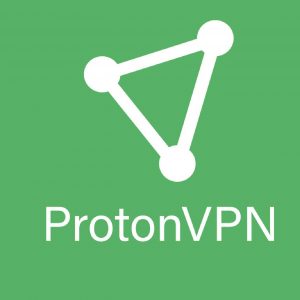
- Strict no logs policy
- Strong Encryption
- High-speed connections
- No Logs Policy
Choose the Best VPN Between ProtonVPN and ExpressVPN
Customer’s Choice: the Best Rated VPN Service in This Comparison
3 users answered this survey. Please help us improve this review!
If you are looking for a great VPN service, then the ProtonVPN vs ExpressVPN comparison is going to be a helpful tool. We have researched and tested both of these services in order to help you find the best solution for your needs. In this blog post, we will talk about what makes each of them unique so that you can decide which one is right for you!
Servers and Locations
The first difference that you will likely notice between ProtonVPN and ExpressVPN is the number of servers and locations each service offers. It is important because the more servers and locations you have, the better your chances of finding an uncongested path to a server. Moreover, a server that is closer to you will be faster.
Locations: ExpressVPN has servers in 94 countries, while ProtonVPN only offers servers in 61. The number of locations might seem like an advantage for ExpressVPN because it gives them more options on where they can put the servers, but the location alone does not matter as much as knowing the actual distance to the server.
Express also has a larger network of servers that are not only located in popular locations such as the United States but also smaller and less common nations.
Server count: ExpressVPN has more than 3000 servers, while ProtonVPN only has around 1500. ProtonVPN has made a conscious decision to not have as many servers because it believes this gives their users more options for faster connections, reduces the number of servers that are congested by people streaming or torrenting data.
It is important to know that ExpressVPN and ProtonVPN do not sell shared or dedicated IP addresses. This means that both VPN providers offer a private and anonymous connection to their users, which is the main benefit of using a Virtual Private Network over other services such as Tor.
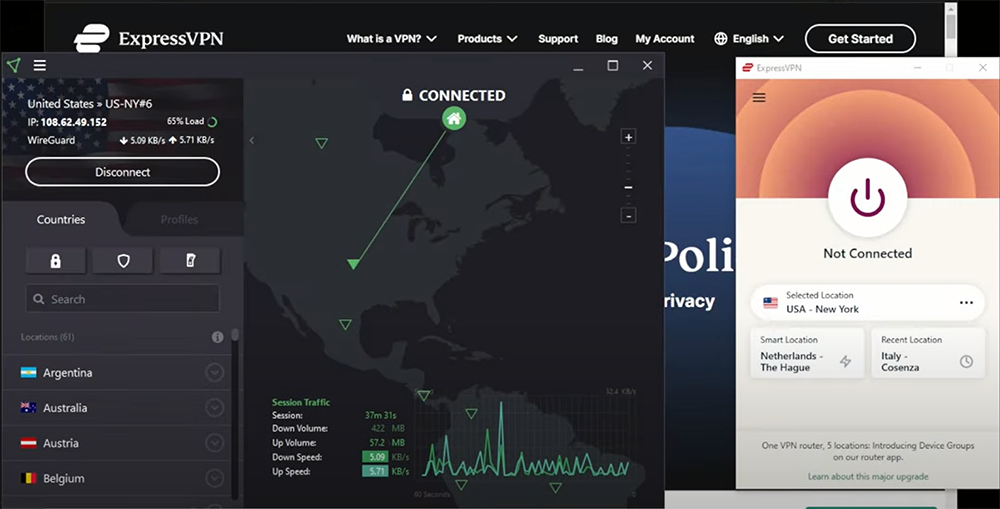
If you are looking for a Virtual Private Network with more servers and locations, then ExpressVPN is the better choice. If you want faster connections to the servers, then ExpressVPN is an excellent choice.
Remember, the number of servers and locations is important, but it is also important to consider other factors such as the distance to the server.
Speed
The second of our ProtonVPN vs. ExpressVPN comparison criteria is speed, which is of course important for streaming media or gaming applications that rely on low latency connections to deliver the best experience possible. Moreover, speed is important for users who wish to use VPN to unblock content or protect their privacy while torrenting.
Speed affects how quickly data can be sent and received. While many factors affect VPN speed, including internet service provider (ISP) speeds, the distance between the user and the VPN server, and network congestion, some providers are faster than others.
ExpressVPN is one of the fastest VPNs on the market. In our tests, we found that it had the lowest latency and was able to achieve the highest speeds overall. ProtonVPN, on the other hand, had relatively average speeds compared to ExpressVPN and some of its other competitors in our tests.
First, we tested latency. Both ProtonVPN and ExpressVPN had very low latencies, with ExpressVPN delivering a slightly better average result. ProtonVPN was able to achieve the second-highest speeds overall, with a latency of only 28 milliseconds. ExpressVPN’s latency was lower at just 17 milliseconds, making it the fastest VPN on our list.
Next, we looked at download speeds. Again, both providers delivered excellent results, with ExpressVPN just edging out ProtonVPN in terms of average speed. Finally, we tested upload speeds. ExpressVPN was the clear winner in this category, delivering more than twice the upload speeds of ProtonVPN.

In conclusion, both ProtonVPN and ExpressVPN are excellent choices for users looking for a fast VPN service. However, if upload speeds are important to you, then ProtonVPN is the better option.
Remember that speed can vary depending on a number of factors, so be sure to test the speeds for yourself before making your final decision.
Security
The next important consideration when choosing a VPN is security. Security depends on several factors, the most important of which are encryption and protocols.
Encryption refers to encode your data in a way that only you can decode it. This provides privacy because even if someone intercepts your data they won’t be able to read or understand what was sent since it is encrypted.
There are several different types or “protocols” that VPN providers can use to encrypt your data. The most common are OpenVPN, IPSec, IKEv-II, and PPTP.
OpenVPN is the most secure protocol because it uses military-grade encryption. It is also very fast and easy to set up. However, not all devices support OpenVPN so you may need to use another protocol.
IPSec is also a highly secure protocol and works very well on mobile devices. However, it is not as common in most VPN products because of performance issues.
IKEv-II has been around since the early days of commercial VPNs but its age means that security problems have become apparent over time. It’s still fast and widely supported, but probably not the best option anymore.
PPTP is an old and insecure protocol that should be avoided if possible.
ProtonVPN strongly recommends using OpenVPN whenever possible because it’s the most secure and fastest solution available today, but it is also compatible with IPSec and IKEv-II which use strong encryption standards (AES 256-bit).
ExpressVPN has a proprietary high-speed network optimized for fast connections without compromising security. It uses 256-bit AES encryption on the OpenVPN protocol by default, SHA512 authentication and perfect forward secrecy. ExpressVPN supports a variety of security protocols but also allows you to choose between OpenVPN (UDP/TCP), IPSec, LTP and SSTP.
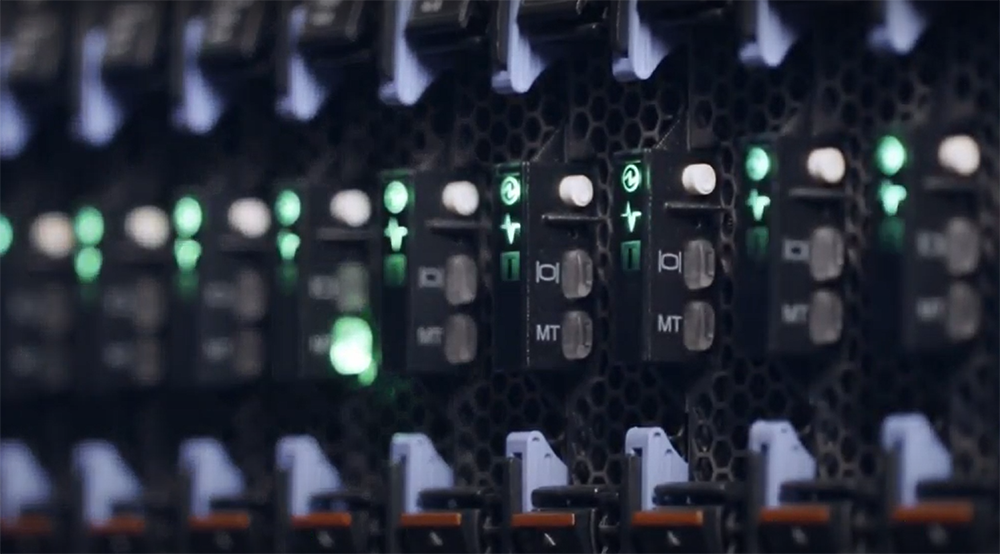
It is also important to consider additional security features like a kill switch and DNS leak protection. A kill switch will automatically disconnect you from the internet if your VPN connection drops, preventing your data from being exposed. DNS leak protection ensures that your device’s DNS requests are always sent through the VPN, preventing your ISP from seeing which websites you are visiting.
Both ProtonVPN and ExpressVPN offer these security features, but the exact implementations vary.
ExpressVPN uses an app-specific kill switch which ensures that your connection is always secure but doesn’t affect your internet speed. It also has a built-in DNS leak protection feature that is always enabled.
ProtonVPN uses a system-wide kill switch that will completely disconnect you from the internet if your VPN connection drops. This can affect your internet speed but ensures that no data is leaked. It also has DNS leak protection built-in to the Windows, Mac OS and Android apps which you can enable and disable as needed.
ProtonVPN offers a Secure Core feature which routes your traffic through two servers to provide an extra layer of security.
Both ProtonVPN and ExpressVPN offer strong security features, but when it comes to encryption, OpenVPN is the best option. If you are looking for a more versatile and secure solution that can be used on a variety of devices, ExpressVPN is a good option.
Unlimited Bandwidth
Another consideration is bandwidth. It means the amount of data you can send and receive in a certain time frame. Moreover, the provider should offer unlimited bandwidth. All providers have different bandwidth policies, so it is important to know what each company’s limits are before signing up.
ProtonVPN and ExpressVPN both offer unlimited bandwidth. ProtonVPN and ExpressVPN are two very similar services with a few small differences that may make one the better choice for you over the other, depending on your needs.

Bandwidth is measured in bits per second (bps). It is important to note that not all providers offer unlimited bandwidth. Some have data caps, meaning you can only use a certain amount of data each month.
If you use a VPN for streaming, you will need unlimited bandwidth. Make sure to read the fine print before signing up.
User Interface
One more important aspect that should be considered when choosing a VPN is the user interface. A good user interface should be easy to use and navigate, with all the necessary features easily accessible. Moreover, it should be visually appealing and not cluttered.
I am a huge fan of the user-interface designs by both companies; they are cleanly designed without any extra bloat.
ExpressVPN has a very user-friendly interface that is easy to navigate. The main screen has a list of countries, and you can simply click on the country you want to connect to. It also has an option to select specific servers within each country. The user interface is visually appealing and does not have any clutter.
On the other hand, ProtonVPN has a more difficult interface that might be overwhelming to some people. The user has the option of selecting four different servers, but only if they are logged in with an account (the free version does not allow for this). It also lacks visual appeal and can feel cluttered at times.
Comparing ProtonVPN vs ExpressVPN based on their user interface, I have to give it to ExpressVPN for being easier to use with more options available when logged into an account. Additionally, the design is visually appealing and does not have any clutter.

Remember, you will use the VPN to unblock content and browse anonymously. You will need an easy interface that is visually appealing, simple and not cluttered. In addition, the VPN should have a list of countries to choose from so you can quickly connect.
Company & Jurisdiction
One of the most important factors to consider when choosing a VPN is the company’s jurisdiction. The country in which a company is based can have a significant impact on your privacy and security. Moreover, some countries have more restrictive data retention laws than others.
ProtonVPN is based in Switzerland, which is a member of the European Union but has stricter data retention laws than other EU countries. ExpressVPN is based in the British Virgin Islands, which is not part of the EU and does not have any mandatory data retention laws.
The Swiss jurisdiction is ideal for those who are looking for a high level of privacy. The British Virgin Islands jurisdiction is also good for privacy, but not as strong as Switzerland.
In addition to this, ProtonVPN has a strict no-log policy and they claim that their VPN servers do not store any user information or logs. However, according to the official Swiss law, ISPs are required to record your connection details (metadata) – including browsing history. Although ProtonVPN claims that they don’t store any logs, it is possible that they could be forced to hand over user data if requested by the authorities.
ExpressVPN 100% does not keep any logs and they are based in a jurisdiction that does not require data retention. Moreover, their strict no-logs policy means that they would not be able to hand over any user data even if requested by the authorities.
So, which is better?
Based on the factors discussed, ProtonVPN is a good option for those who are looking for high privacy and security. However, ExpressVPN is a better option if you are looking for a VPN that has a stronger no-logs policy.
Please remember that neither of these VPNs is perfect, and there are always risks associated with using a VPN. It is important to do your own research before choosing a VPN service.
It is important to do your own research before choosing a VPN service.
Netflix & Streaming
Many people use a VPN for streaming or downloading. A VPN prevents ISPs from snooping on your activity so you can stream or download to your heart’s content without worrying about anyone catching what you’re doing. ProtonVPN and ExpressVPN have the following compatibility with streaming services:

Netflix: ExpressVPN works perfectly with Netflix, and you will be able to access all its content. ProtonVPN does not work with Netflix as of the moment, but it is working on providing a fix for this issue.
Popcorn Time & Kodi: These platforms work flawlessly on both VPN services, so if streaming is your main concern then you will be fine with either ProtonVPN or ExpressVPN.
Hulu: ExpressVPN works with Hulu, but ProtonVPN does not as of now.
BBC iPlayer: ExpressVPN is the best choice for BBC iPlayer streaming, while ProtonVPN has some trouble unblocking this service.
Torrenting: ExpressVPN is considered to be the best VPN for torrenting, which means you are free to download or seed as much as you want without fearing that others will catch your activity through your ISP’s eyes. ProtonVPN does not have a specific stance on torrenting because it has no information about its policy concerning this issue.
Torrenting needs extra care because if you are caught torrenting without a VPN then the penalties can be harsh, which is why it is important to choose carefully. ExpressVPN is the best pick for torrenting because it provides a high level of security and privacy.
But remember that ProtonVPN is still working on compatibility issues, and as such you might want to wait until it works out the kinks before buying.
Android TV & DD-WRT Support
The next feature to consider is the level of support that each service provides for different platforms and devices. I mean, if you’re looking to unblock content on your TV, then we need to know that we can watch it.
Many people ask what DD-WRT is. It is firmware for routers that you can install on your own. It unlocks a lot of features and gives you more control over your network than the factory firmware.

AndroidTV is a platform that is growing in popularity, but not all VPNs support it. The same is true for DD-WRT routers, which are always a good choice when you want to upgrade your home network or connect devices that do not have native OpenVPN support.
ExpressVPN offers support for both of these platforms, which means that you will not have to worry about whether or not your VPN works with your device. ProtonVPN does offer some support, but it is limited and there are better options out there if this is a priority.
If you are looking for a VPN that will work with your Android TV or DD-WRT router, then ExpressVPN is the best option. If this is not a priority for you, then ProtonVPN is still a good choice. However, be aware that its support for these platforms is limited in comparison to ExpressVPN.
Multi-Platform Support
One more consideration when it comes to choosing a VPN is whether or not they offer multi-platform support. It means that the VPN will work on different devices and operating systems. Moreover, it is important to check the number of devices you can use simultaneously.
ProtonVPN offers multi-platform support for Windows, macOS, iOS, and Android. ExpressVPN also supports a wide range of devices and platforms including Windows, macOS, iOS, Android, Linux, routers, and more. So both providers offer good multi-platform support.
Which provider is best for you will depend on your needs and preferences. But both providers are good options with many features and benefits.
If you use only one device, you can choose the VPN that has better performance for your specific platform.
If you use multiple devices at once, then it is good to check which provider offers more simultaneous connections. So ExpressVPN lets users connect up to three devices simultaneously while ProtonVPN only allows two devices at a time.
ExpressVPN also offers an extra-large list of protocols and makes it easy to set up a VPN connection on devices that don’t natively support the protocol.
Plans & Pricing
The next very important thing is to decide which plan will be more suitable for you. It is also important to check whether the company offers a free trial and how many devices you can connect simultaneously. Moreover, it is also very important to check whether the company offers a money-back guarantee because no one wants to make an expensive mistake.
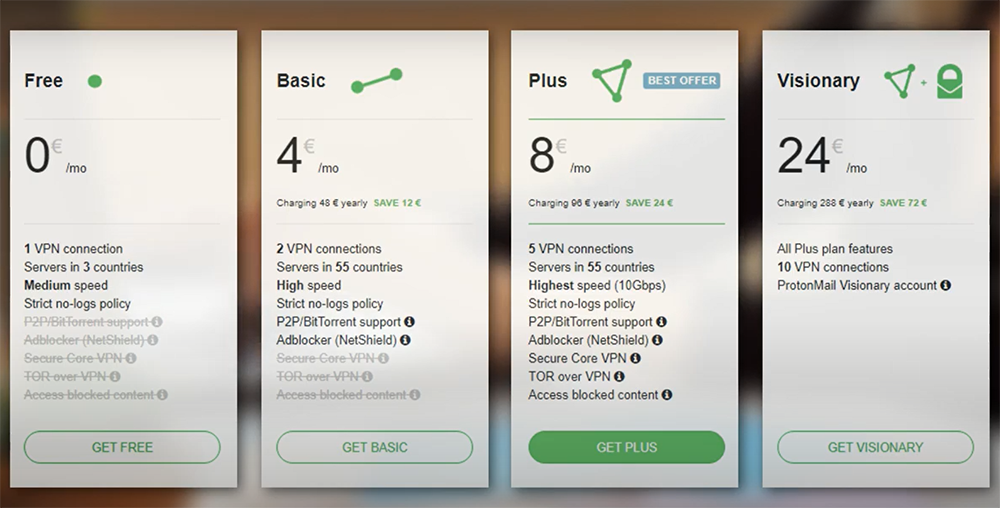
This process can become very complicated if we don’t know the differences between each type of plan available in ProtonVPN and ExpressVPN.
First, let’s take a look at the pricing for ProtonVPN:
The first plan is called “Free” and it costs $0. The second plan is called “Basic” and it costs $4 per month ($48 yearly). The third plan is called “Plus” and it costs $5.99 per month($71.88 for the first year). And finally, the fourth plan is called “Visionary” and it costs $24 per month ($288 yearly).
At the moment, ExpressVPN doesn’t offer a free plan. However, their cheapest plan is “Monthly” and it costs $12.95 per month. Their most expensive plan is “Yearly” and it costs $99.95 per year. They also have a semi-annual plan for $59.95, which is $11.99 per month. ExpressVPN also offers 30-day money-back guarantee.
As you can see, ProtonVPN’s plans are cheaper than ExpressVPN’s plans. But, ExpressVPN offers a yearly plan that is cheaper than ProtonVPN’s “Visionary” plan. ExpressVPN also offers more features than ProtonVPN.
So, it really depends on what you are looking for in a VPN service. If you want the cheapest plan with basic features, go with ProtonVPN. If you are looking for a VPN to use occasionally, then ProtonVPN’s “Free” plan might be the best option for you. But, if you want a more expensive plan that includes more features, then ExpressVPN is the better option.
Anyway, you must consider your budget and needs before deciding which plan is best for you.
Customer Support
Another important factor to consider when choosing a VPN is customer support. It is important because you may need help with something at some point. Moreover, there are many VPN companies that simply do not offer live chat support. The two providers we compared, ProtonVPN and ExpressVPN both have an excellent reputation for customer service.
Both ProtonVPN and ExpressVPN offer great customer support, but they do differ in a few ways. First, ExpressVPN offers live chat support 24/7 hours a day, while ProtonVPN only offers it during business hours. Second, if you need to contact customer service for help, ExpressVPN has a number of different ways to do it. You can email them, use their online form, or simply submit your question on the live chat feature. On the other hand, ProtonVPN only offers two options: submitting an inquiry via email or contacting customer support through their website’s contact page.
ExpressVPN also has a ticketing system. This means you can submit a request for help and get a response within 24 hours. ProtonVPN does not have a ticketing system.
Overall, both providers offer great customer support, but ExpressVPN’s live chat support and a number of ways to contact them make it the winner in this category.
If you are looking for a VPN with great customer service, ExpressVPN is the best option.
Remember that customer support is important because you want to be able to get help if you need it.
FAQ
Is ProtonVPN really private?
Yes, ProtonVPN is a secure and private VPN service. All internet connections are routed through the encrypted Virtual Private Network (VPN) tunnel. Moreover, ProtonVPN does not log any user activity or DNS requests.
What devices can I use with ProtonVPN?
ProtonVPN supports all popular operating systems including Windows, iOS and Android. In addition to this, you can also install a VPN client on your router so that all the devices in your home are secured against online threats without any hassle.
Is ProtonVPN free?
No, ProtonVPN is not a free VPN service. However, they do offer a generous Free plan which gives you access to our secure and private VPN service with limited bandwidth.
How many countries are covered by ProtonVPN?
ProtonVPN covers 41 countries as of now. They are adding more locations and servers on a continuous basis.
What is a secure proxy?
A secure proxy is a web service that pulls internet data through its servers. This allows for inspection by your ISP, which means they can see what you are looking at online. ProtonVPN’s encrypted VPN tunnel prevents this kind of security risk because it pushes all traffic between your computer or device and our servers in an unreadable form.
What does Tor do?
Tor (The Onion Router) anonymizes internet traffic by encrypting it and passing through several servers before reaching its destination. It prevents websites from tracking your identity or location. If you are trying to circumvent the website’s content filters, then this is one way of doing so safely (although there are better ways).
Is ProtonVPN good for streaming?
Yes, ProtonVPN is a great VPN service for streaming. Their servers are optimized for streaming and provide the best possible streaming experience.
Does ProtonVPN work for Amazon Prime?
Yes, ProtonVPN does work with Amazon Prime. You will need to connect to one of our servers in the US or UK.
Does ProtonVPN hide IP?
Yes, ProtonVPN hides your IP address and encrypts all traffic with AES-256-bit ciphers. This ensures that your online activity is confidential and cannot be intercepted by third-party observers.
Is ProtonVPN good for torrenting?
Yes, if you want to download torrents anonymously with a fast VPN service, then I would recommend using ExpressVPN. However, they do not support PTP protocol which is needed on some of the servers that are blocked or throttled by ISPs (such as Netflix US). With ProtonVPN, I would recommend using their servers which are optimized for torrenting.
Does ProtonVPN protect the user at home?
Yes, it does provide protection for your devices that are connected to a router (such as an AppleTV or Amazon Firestick). To use this service you will need to buy two separate subscriptions. One subscription is for your computer and mobile device(s), while the other one is only for your home router.
Are there any risks in using a VPN?
There are some risks associated with using a VPN service, but these risks can be mitigated by using a reputable provider. Some of the risks include your data being monitored by the VPN service itself, DNS leaks that could reveal your real identity, and malware infections.
What is a net neutrality law?
A net neutrality law is a regulation that requires internet service providers to treat all data on the internet equally. This means that they cannot throttle, block, or prioritize certain types of traffic (such as streaming video) over others. Net neutrality is important because it ensures a fair and open internet for all users.
Useful Video: ExpressVPN vs ProtonVPN 2022 Review 🎯 The Surprising Truth
Final Thoughts
Which of these two VPNs is the best for you will depend on your own needs and preferences. Only you can decide which of these two great VPNs is the best for you.
If you want to know our thoughts, we would say that ExpressVPN is still the better overall VPN because it has more features. It also has a proven track record of fast and reliable servers around the world. Moreover, it is the VPN that we use to protect our own privacy.
However, ProtonVPN has a lot of potentials and brings some unique features like Secure Core which makes it very interesting for people who want extra protection against cyberattacks. With its free version, you can also try out what ProtonVPN can offer before investing in one of their premium plans. ProtonVPN is cheaper but does not have as many features yet. However, the future is bright for this Swiss-based VPN and we will definitely keep an eye on its development.
If you don’t mind having fewer features but prefer to save money then ProtonVPN might be a good alternative. If you are looking for more advanced security options or just want blazing speeds that allow streaming in HD, ExpressVPN remains the best choice.
We hope that this comparison has helped you decide which of these two VPNs is the best for you. Do not hesitate to leave a comment below if you have any questions.




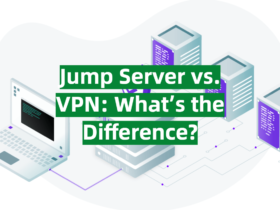
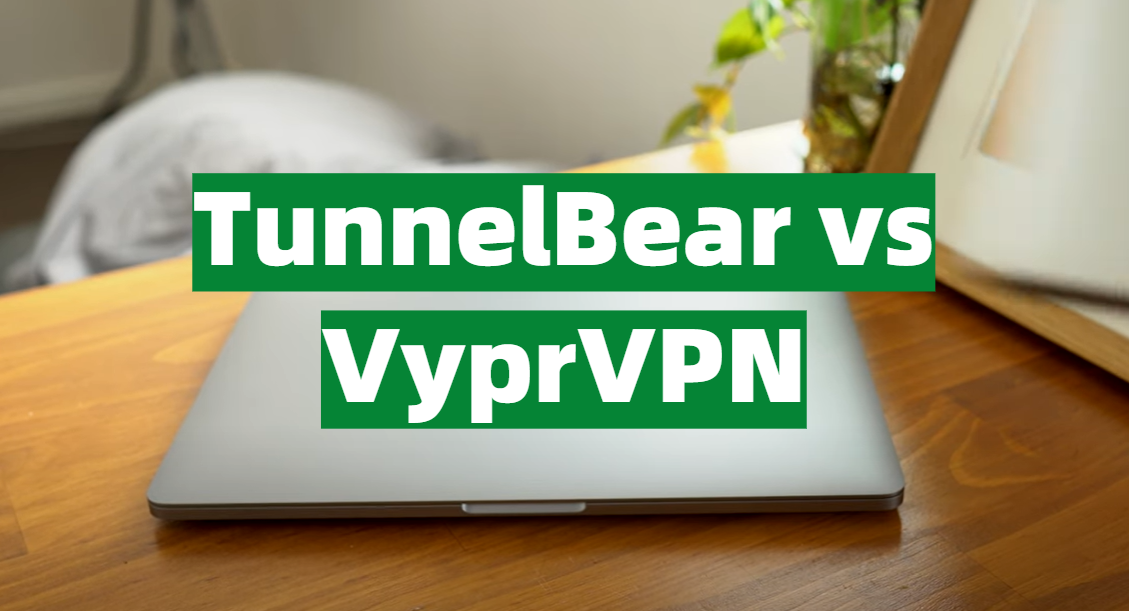
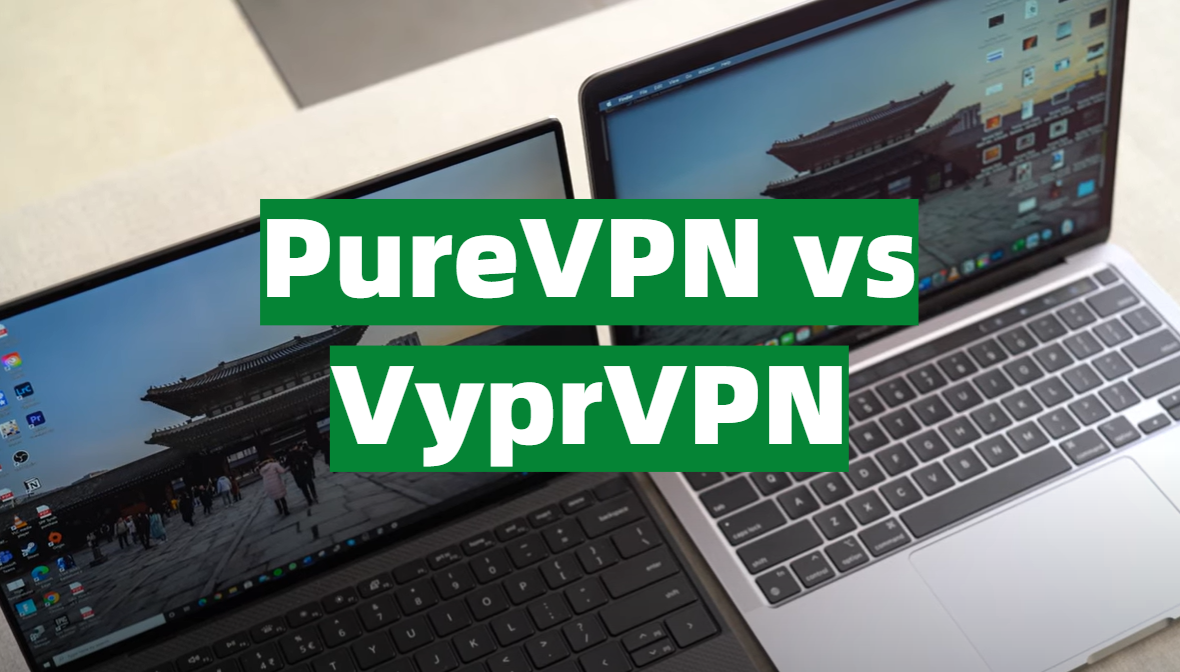
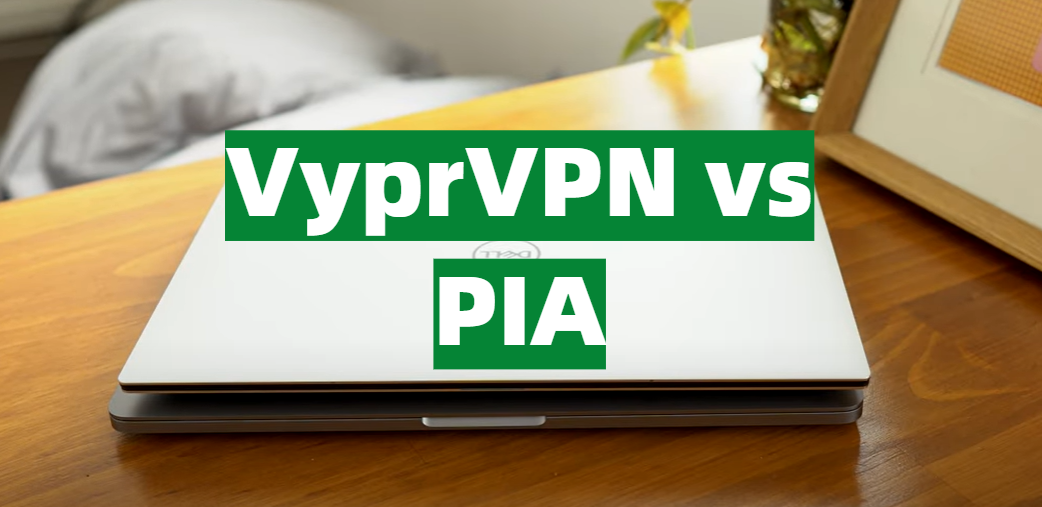
Leave a Reply